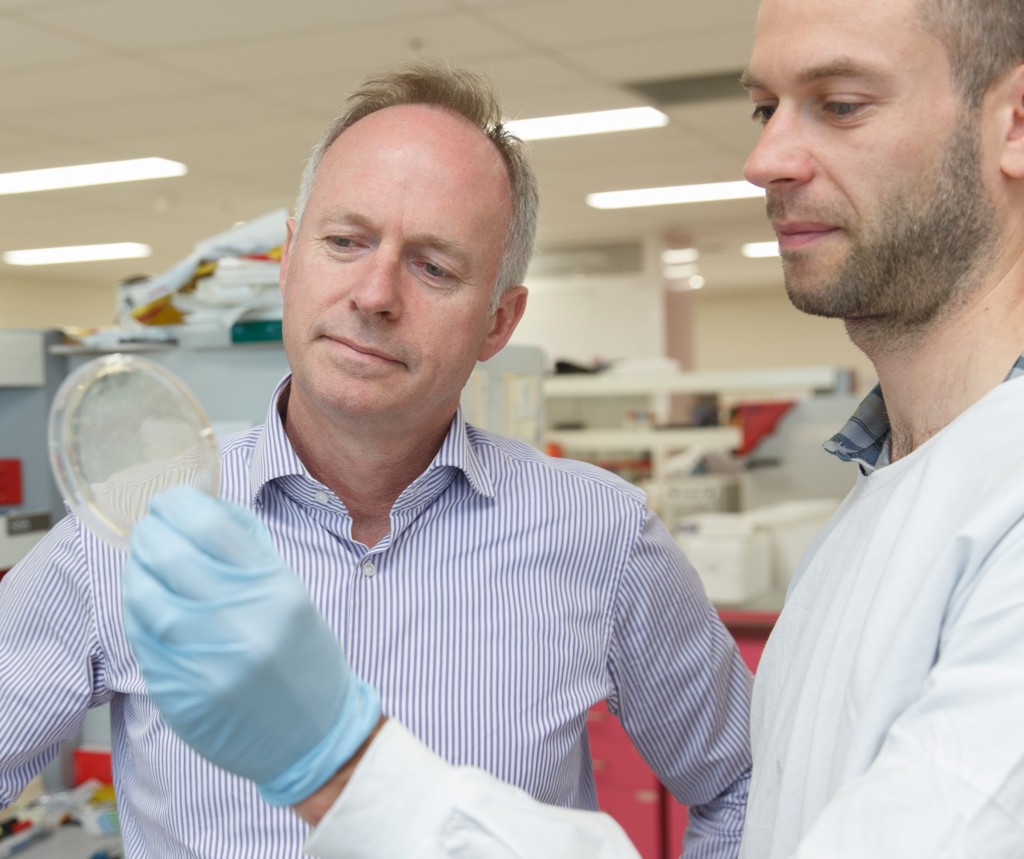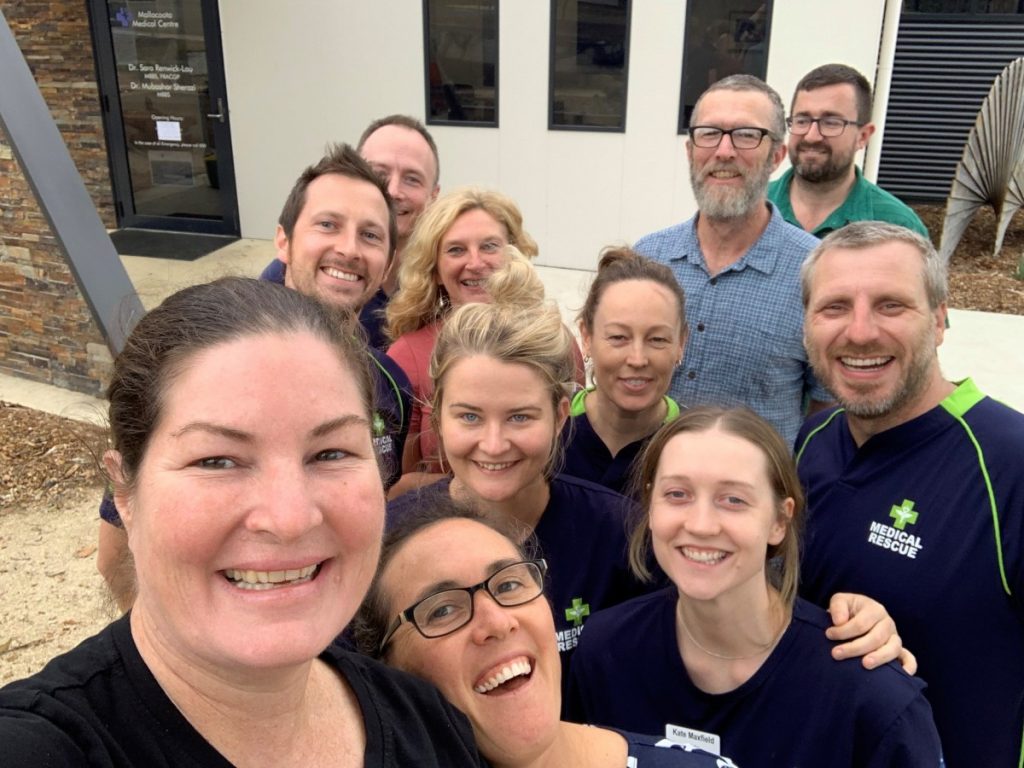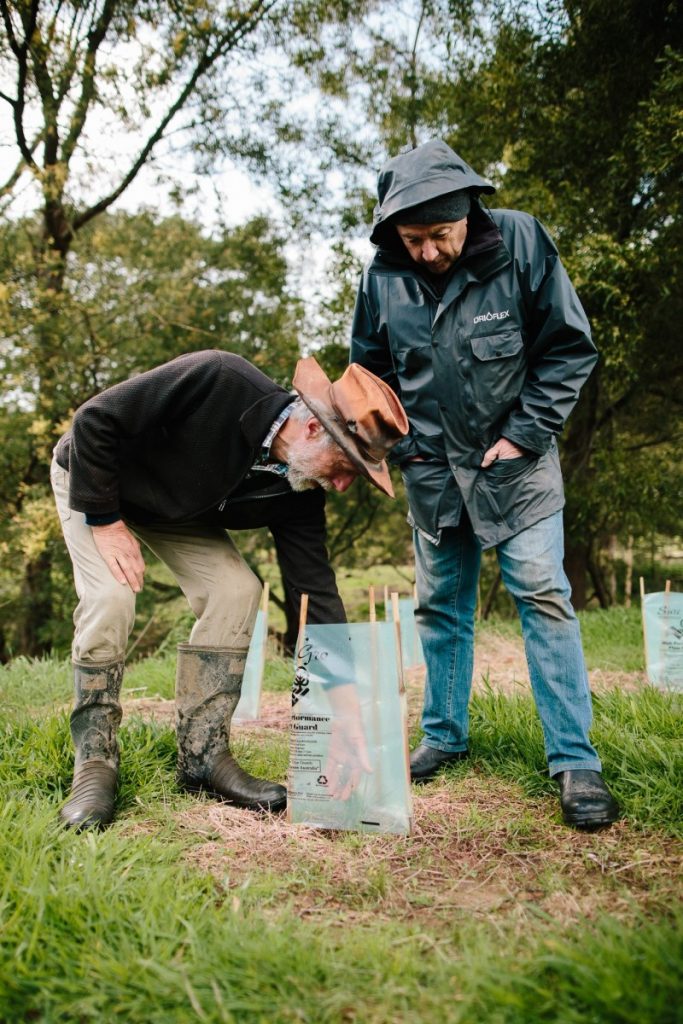
Brophy Family and Youth Services
Education
A collaborative response to youth disengagement in regional Victoria
ProjectTargeted Diagnostic Sequencing: A revolution in diagnosing childhood disease
Amount$600,000 over three years
Date2010
ProgramPast Programs | Health
| TRUST OBJECTIVES | PROJECT OBJECTIVES |
|---|---|
| This grant was approved under previous grants policy | |
| Building organisational capacity | Develop and test a new state-of-the art diagnostic platform; improve clinical management skills |
| Extending opportunity | Improve timely diagnosis and treatment outcomes for children with genetic disorders and their families |
| Collaboration and partnership | Murdoch Childrens Research Institute, Walter & Eliza Hall Institute, government, philanthropy and the international medical community |
Development of a fast and cost effective platform for diagnosing a range of genetic disorders
HMSTrust funding enabled researchers at the Royal Children’s Hospital to develop a world-first rapid and accurate diagnostic platform, revolutionising the way genetic disorders are diagnosed.

Image Professor Andrew Sinclair and Dr Luke Lambeth
Snapshot:
Up to 5% of children are born with genetic disorders which can have a significant, lifelong impact on the affected individuals and their families. It can take years for a disorder to be diagnosed and allow for properly informed clinical management.
Using Disorders of Sex Development (DSD) as the paradigm for all other genetic disorders, the researchers set out to develop a diagnostic platform for children with DSD by combining state-of-the art Next Generation sequencing with a new technique they had developed to screen DNA.
The outcomes of the project significantly exceeded expectations:
“It has led to improved clinical management and better outcomes for patients.” Professor Andrew Sinclair, Deputy Director, Murdoch Children’s Research Institute, Royal Children’s Hospital.

Education
A collaborative response to youth disengagement in regional Victoria

Community
Supporting the long term recovery of bushfire affected communities in Rural and Regional Victoria

Past Programs | Arts and Culture
Enabling artists to rebuild after natural disaster

Past Programs | Environment
Protecting endangered species and habitats across South Gippsland

Past Programs | Health
Building organisational capacity to enable sustainable growth
Our grants matrix is a graphical representation of our matched objectives. Each column of circles represents one of the funding criteria, and the colour coded central row represents the program that funding was received in.
Use the interactive example below to see whether your project ticks at least 3 of the 5 objectives.